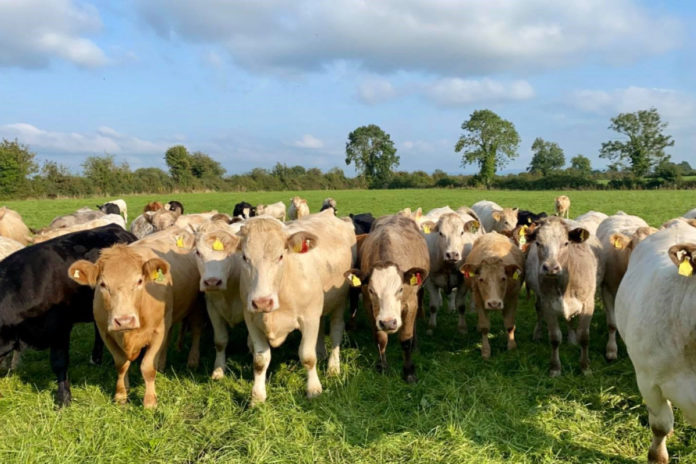VCI Survey: How vets look after their mental health
How veterinary professionals look after their mental health was among the topics authors of the recently published Mental Health of Veterinary Professionals in Ireland explored.
The Veterinary Council of Ireland (VCI) commissioned the research that it conducted in collaboration with the HSE National Office for Suicide Prevention (NOSP) and the National Suicide Research Foundation (NSRF) in April 2021.
The VCI, has this morning (Monday, April 25th, 2022) published the resulting research report.
In the publication, the primary methods veterinary professionals reported for looking after their mental health included:
- Hobbies;
- Sport exercise;
- Spending time outdoors;
- Having strong social support.
According to the VCI, social support was the second most discussed way that respondents look after their mental health, such as the support of family, friends or just the opportunity to talk.
Another re-occurring theme related to individual coping skills or behaviours. These included having a positive attitude, sleep, being aware of triggers, goal setting or routine and relaxation. Other coping skills included spending time alone and stress management.
A minority of respondents shed light on spirituality, including religion, meditation and/or mindfulness.
Other respondents felt that professional help was helpful such as therapy and/or medication.
Others, mainly vet nurses, listed pets are a source of well-being, while most vet managers reported listed diet as an important factor.
Some respondents mentioned work-related factors such as taking time off, being away or disconnecting from work and having a good work-life balance.
Lastly, in the survey, a small portion of vets and vet nurses spoke about work as a source of well-being.
VCI survey findings: Stress levels among vets and vet nurses
42.5% of veterinary professionals in Ireland experience abnormal levels of stress.
That is the key finding arising from the first “comprehensive” study on the health of the veterinary professions in Ireland.
747 registered veterinary practitioners and veterinary nurses in both employee and managerial roles participated in the anonymised research.
It covered the topics of depression, anxiety, stress, burnout, deliberate self-harm, suicide, mental health knowledge, stigma, help-seeking, and sources of support.
According to the VCI, this represents 18% of all registered vets and vet nurses in Ireland at the time of the survey.





